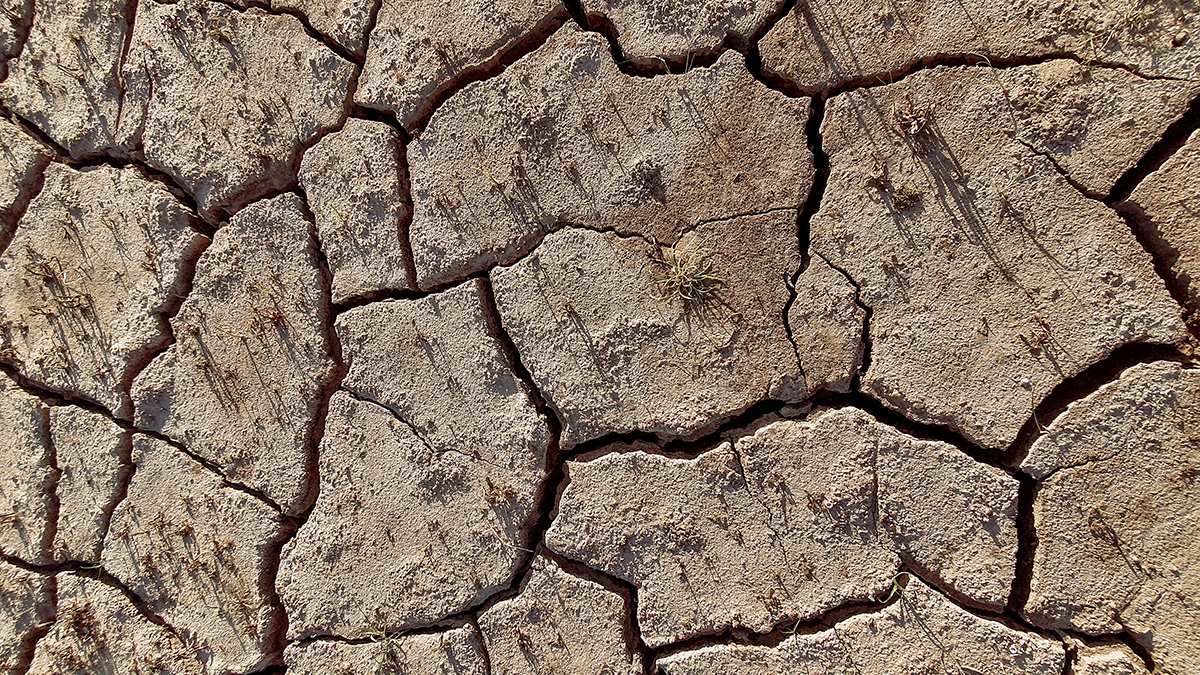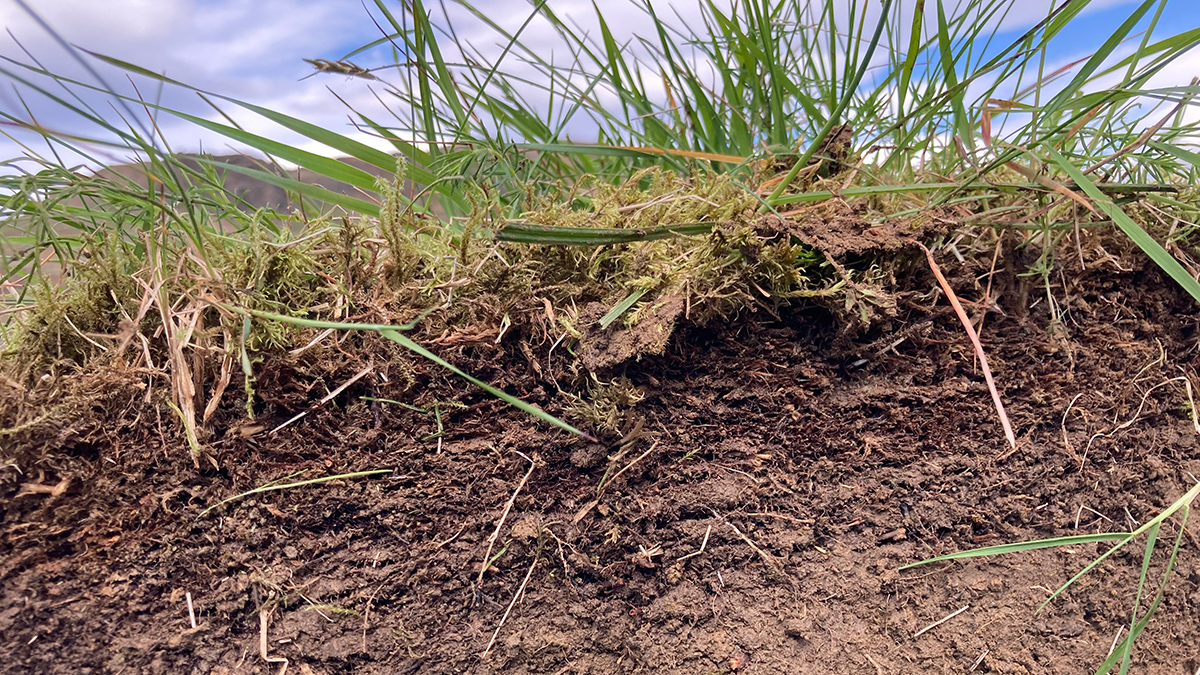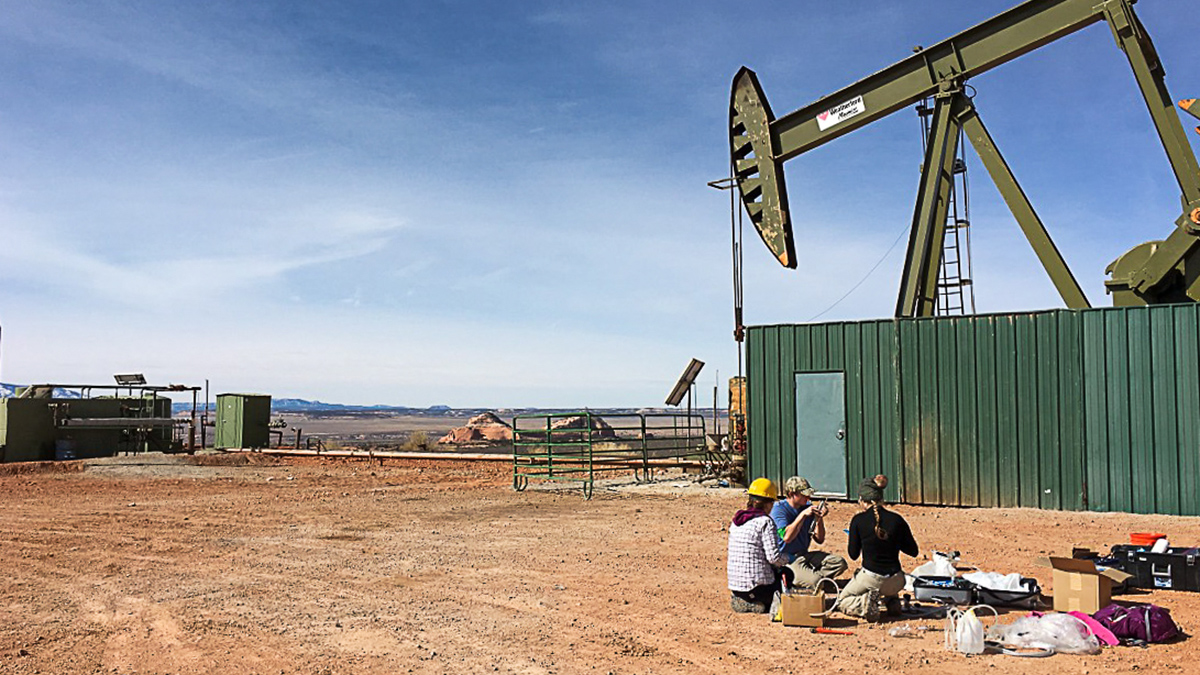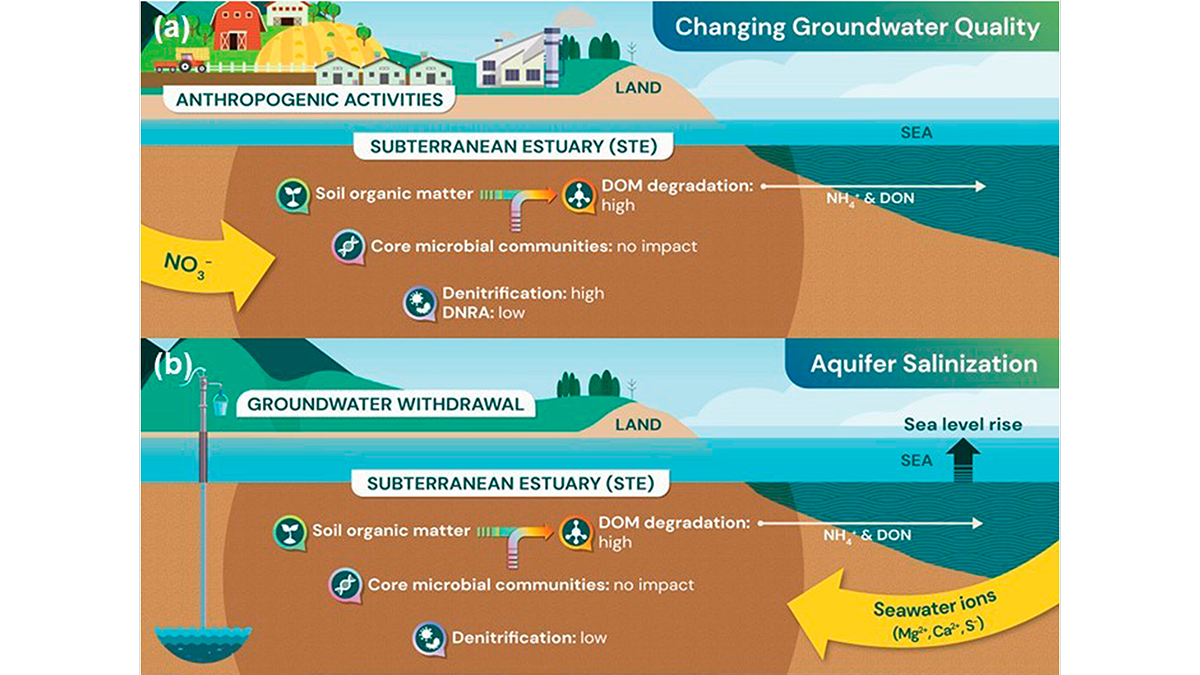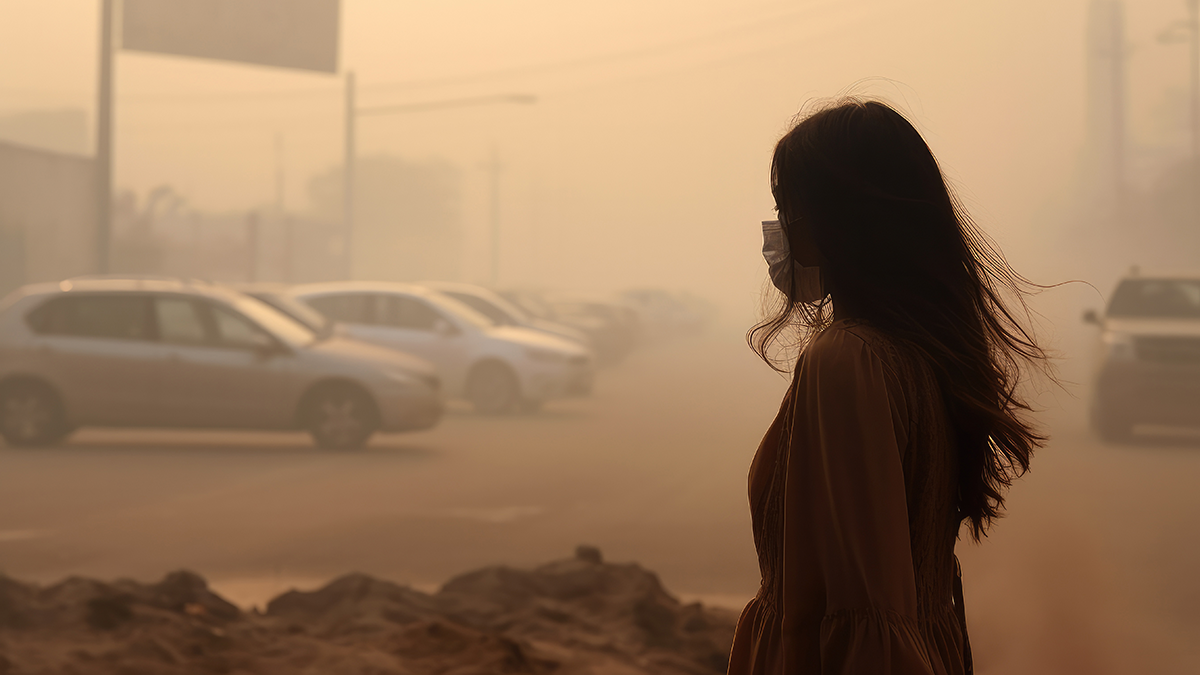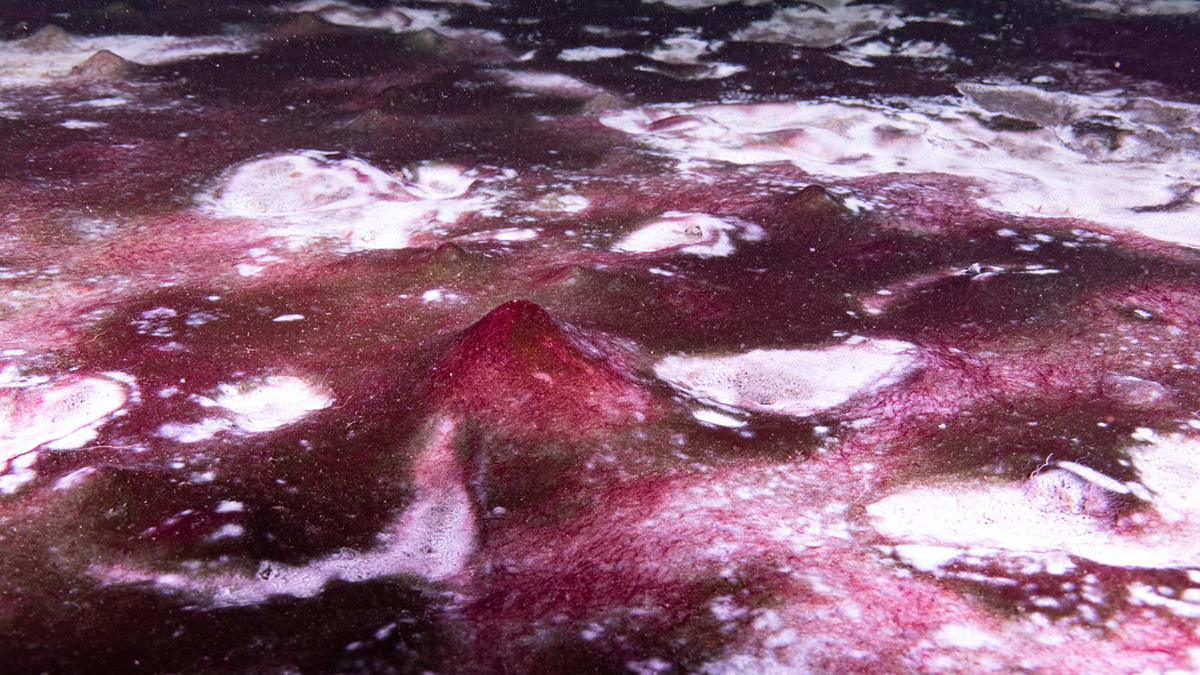By tracing the evolutionary history of beneficial soil microbes, scientists hope to unearth a sustainable solution for producing food to feed a growing global population.
bacteria & microbes
Red-Light-Loving Bacteria Could Expand the Search for Life
Scientists are uncovering genes responsible for oxygenic photosynthesis in cyanobacteria to shift the search for potentially habitable worlds.
Cracking Soils Could Accelerate Climate Change
Climate change is expected to lead to more frequent and intense drought, which in turn causes soil to crack, releasing more carbon dioxide and further warming the planet.
How Are Deep Soils Responding to Warming?
Scientists aim to integrate observations from deep-soil-warming experiments worldwide to better understand how ecosystems vital to food security and environmental health will react to climate change.
Anthropocene Activities Dramatically Alter Deep Underground Fluid Flux
Scientists call for improved understanding of how our influence on deep subsurface fluids and microbes might affect the larger Earth system.
The Unexplored Microbial Life in Subterranean Estuaries
A new study reveals that microbial life in subterranean estuaries is threatened by anthropogenic activities.
Ocean Pollution Makes Microbes Adapt
Some bacteria thrive in the sometimes-toxic soup of crude oil and chemical dispersants.
Last Chance Lake Harbors the Highest Known Levels of Phosphate
Bodies of water such as this might have functioned as cradles of life, given their unique biogeochemistry.
OneHealth, Climate Change, and Infectious Microbes
AGU and ASM welcome submissions to a joint special collection focusing on the impacts of climate change and microbes on human well-being.
Modern Microbial Mats Offer Glimpses of Other Times and Places
Comprising diverse groups of microbes, isolated but globally scattered mat ecosystems like those in Lake Huron may be analogues of life on early Earth and in other exotic environs.



